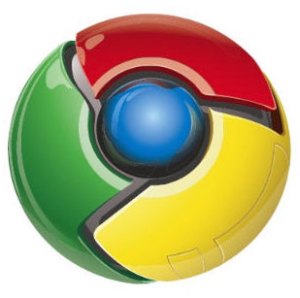
Ever felt the urge to try in-flight Wi-Fi service to (let’s face it) keep up with your friends and favorite sites or (the horrors!) try to get work done, but were put off by the added cost and the fiddliness? Now Google aims to solve that first problem—at least for a limited period of time. To promote it’s Chrome Web browser, Google has made deals with air carriers Virgin America, AirTrans Airways, and Delta Airlines: from November 20, 2010 to January 2, 2011, Go-Go Inflight Wi-Fi is free on U.S. domestic flights.
“Not too long ago, flying home for the holidays meant disconnecting for several hours until you touched down at your destination,” Google product management VP Sundar Pichai wrote in the company blog. “Today, Wi-Fi technologies allow us to stay connected even at 30,000 feet above the ground, so we can read the news, browse the web (to beat the long-haul boredom) and send that last-minute planning email before the family reunion. This holiday season, there will be more connected flyers than ever before.”
The program is a followup to a similar effort last year where Google made in-flight Wi-Fi free on Virgin America domestic flights from mid-November to mid-January.
The addition of Delta and AirTrans to the promotional offering might significantly increase its appeal: Delta operates the largest commercial fleet of Wi-Fi enabled aircraft in the world. The Wi-Fi service can be used by everything from traditional notebook computers to smartphones, media players, and gaming devices—although Internet users are likely to find that the bandwidth available at 30,000 feet isn’t enough to tap into streaming HD video—especially when a few other dozen people on the same plane are “testing out” the free Wi-Fi by trying the same thing.
For Google, the promotion is a chance to promote its Chrome browser—build for speed and simplicity—to travelers who do their darndest to stay connected on the road. For the airlines, the promotion is a chance to get travelers hooked on the idea of keeping up with tweets and making purchases using in-flight Wi-Fi service, on the notion that if they get to try it for free over the holidays, they’ll be more likely to pay for it during other times of the year. And who knows? Maybe the promise of free in-flight Wi-Fi will cause some passengers to choose Virgin, AirTrans, or Delta over competing carriers for holiday travel.
Editors' Recommendations
- Google Nest Wi-Fi Pro adds Wi-Fi 6E but loses compatibility
- How to enable hands-free voice search in Google Chrome

